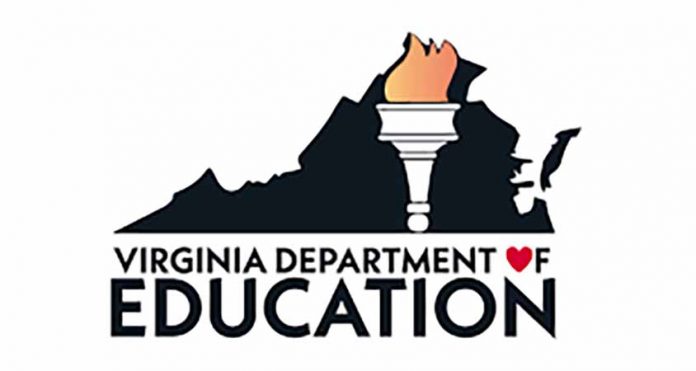By Stefanie Jackson – In light of the coronavirus pandemic, which shut down schools and businesses across the country, and the death of George Floyd, which sparked protests calling for an end to systemic racism, the Virginia Department of Education webinar, “Culturally Relevant Remote Instruction,” offers timely advice to educators.
VDOE partnered with Discovery Education – a provider of digital textbooks and educational resources – to present the June 23 webinar hosted by Coordinator Jenne Nurse and Director Leah Walker of the VDOE Office of Equity and Community Engagement.
The webinar defined culture and offered resources to teachers to help them create instructional activities that engage students from diverse cultures and backgrounds.
Jaime Aquino, a senior vice president at Discovery Education, defined “culture” as a combination of one’s race, class, gender, sexual orientation, religion, immigration status, age, and other characteristics.
As a teacher, self-awareness of personal biases and privileges is a first step toward achieving success in the classroom with students of different cultures and backgrounds, he said.
“And I want to say that regardless of our own race, we all have biases, and many of them are implicit and unconscious, and that we need to check them before we walk into our school,” Aquino said.
Even if students and teachers are the same race, low-income students will still experience a “cultural clash” when they enter the middle-class setting of a school, he added.
Student representation was a central theme of Discovery Education’s part of the discussion.
“The curriculum needs to be inclusive, where students are represented and that they see themselves, they can aspire to be something,” Aquino said.
He advised teachers to design lessons with specific student groups in mind, such as black students, LGBTQ students, and English language learners.
“You’re going to empower them to be successful, and everybody will be successful,” Aquino said.
He also encouraged teachers to get to know the students and their families. Aquino recalled his frustration during his first year teaching when students were constantly failing to turn in homework.
He finally talked to one of his students, a 10-year-old fourth-grader named Melissa, who was being raised by a single mother working two jobs. Melissa explained that every day after she got home from school, she had to cook dinner and take care of her siblings and her grandfather, who was in a wheelchair.
Aquino knew his homework structure had to change. He stopped giving 30 math problems for homework and started giving four strategic questions, and allowed the last 15 minutes of class to work on homework.
Robin Porter, a vice president at Discovery Education, continued the discussion on student representation in educational materials, which her company evaluates in three categories: diversity, balance, and cultural responsiveness.
Discovery Education seeks content that features people from diverse backgrounds and presents balanced viewpoints.
It also aims to be culturally responsive, meaning “all students are validated and affirmed” in their own languages and cultures, and they feel represented, Porter said.
When teachers evaluate educational materials, they should ask themselves questions such as:
Are there references to all different types of ethnic and cultural traditions, languages, religions, clothing, and names?
Are people of color described as looking alike or portrayed as stereotypes?
Are females shown in a variety of roles and are different family structures represented?
Are students with disabilities represented? Does the material present differences as deficiencies?
Are groups who have been “historically marginalized and oppressed” portrayed as self-determined heroes, or are their problems solved by the “benevolent intervention of a dominant culture?”
Porter said, “We want all students to feel empowered and to be shown in the digital content as solution seekers and problem solvers, explorers and scientists, heroes and people who are making change.”



